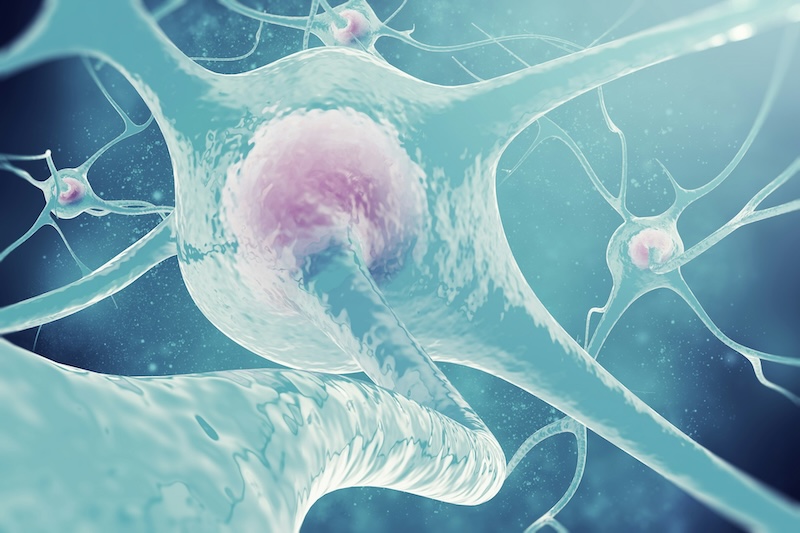Research led by Lancaster University has revealed clear evidence that changes in the orchestration of brain oxygenation dynamics and neuronal function...
Vous n'êtes pas connecté
- English
- Français
- عربي
- Español
- Deutsch
- Português
- русский язык
- Català
- Italiano
- Nederlands, Vlaams
- Norsk
- فارسی
- বাংলা
- اردو
- Azərbaycan dili
- Bahasa Indonesia
- Հայերեն
- Ελληνικά
- Bosanski jezik
- українська мова
- Íslenska
- Türkmen, Түркмен
- Türkçe
- Shqip
- Eesti keel
- magyar
- Қазақ тілі
- Kalaallisut ; kalaallit oqaasii
- Lietuvių kalba
- Latviešu valoda
- македонски јазик
- Монгол
- Bahasa Melayu ; بهاس ملايو
- ဗမာစာ
- Slovenščina
- тоҷикӣ ; toğikī ; تاجیکی
- ไทย
- O'zbek ; Ўзбек ; أۇزبېك
- Tiếng Việt
- ភាសាខ្មែរ
- རྫོང་ཁ
- Soomaaliga ; af Soomaali
 Maroc - CARIBBEANNEWSGLOBAL.COM - A La Une - 03/Feb 16:56
Maroc - CARIBBEANNEWSGLOBAL.COM - A La Une - 03/Feb 16:56
A new approach to detecting Alzheimer’s disease
Lancaster University Research led by Lancaster University has revealed clear evidence that changes in the orchestration of brain oxygenation dynamics and neuronal function in Alzheimer’s disease contribute to the neurodegeneration. The study “Neurovascular phase coherence is altered in Alzheimer’s Disease” is published in Brain Communications. The lead author is Aneta Stefanovska with Juliane Bjerkan, Gemma Lancaster, […]
Articles similaires
New imaging method could detect Alzheimer’s disease effectively
Scientists have developed two new imaging agents that work better than the only currently approved one for detecting tau tangles in the brain. Tau...
Quality sleep may help prevent Alzheimer’s disease, study finds
A new study suggests that getting more than six hours of good-quality sleep each night may help slow down or even prevent the development of...
New biomarker test detects early tau tangles in Alzheimer's disease
Years before tau tangles show up in brain scans of patients with Alzheimer's disease, a biomarker test developed at the University of Pittsburgh...
A new drug shows promise for treating Alzheimer’s disease
Scientists have discovered a potential new drug that could help people with Alzheimer’s disease by improving memory and repairing brain damage. The...
Quantum Brain Sensors Have The Potential To Identify Brain Diseases
New highly sensitive quantum sensors for the brain may in the future be able to identify brain diseases such as dementia, ALS and Parkinson's, by...
Study succeeds in the early diagnosis of leptomeningeal disease in diffuse midline gliomas by liquid biopsy
A group led by the Department of Neurosurgery, Brain Research Institute, Niigata University, Japan, succeeded in the diagnosis of leptomeningeal...
Alzheimer’s disease may harm the brain in two distinct phases
New research suggests that Alzheimer’s disease damages the brain in two separate phases, with the first phase happening slowly and quietly before...
Vulnerability to financial scams in aging adults could be an early indicator of Alzheimer’s disease, new research shows
A brain region affected very early in Alzheimer’s disease may explain why some aging people are at greater risk of financial exploitation. That is...
Experimental drug shows promise in restoring memory in Alzheimer's model
A paradigm-shifting study from the Centre for Addiction and Mental Health (CAMH) shows an experimental drug, GL-II-73, has the potential to restore...
Les derniers communiqués
-
Tanuka Roy Appointed as General Manager of CosmoBlue Media's Canadian Office
CosmoBlue Media - 04/11/2024
-
Four Seasons to Expand Saudi Arabian Portfolio Alongside Dar Al Omran Company with New Hotel in Madinah
Four Seasons Hotels and Resorts - 07/05/2024
-
Four Seasons Yachts Unveils Inaugural Itineraries to the Caribbean and Mediterranean and a First Look at its 95 Spectacular Suites
Four Seasons Hotels and Resorts - 27/03/2024
-
Visual 01Elevating Excellence: Four Seasons Embarks on the Next Stage of Strategic Global Growth
Four Seasons Hotels and Resorts - 22/01/2024





